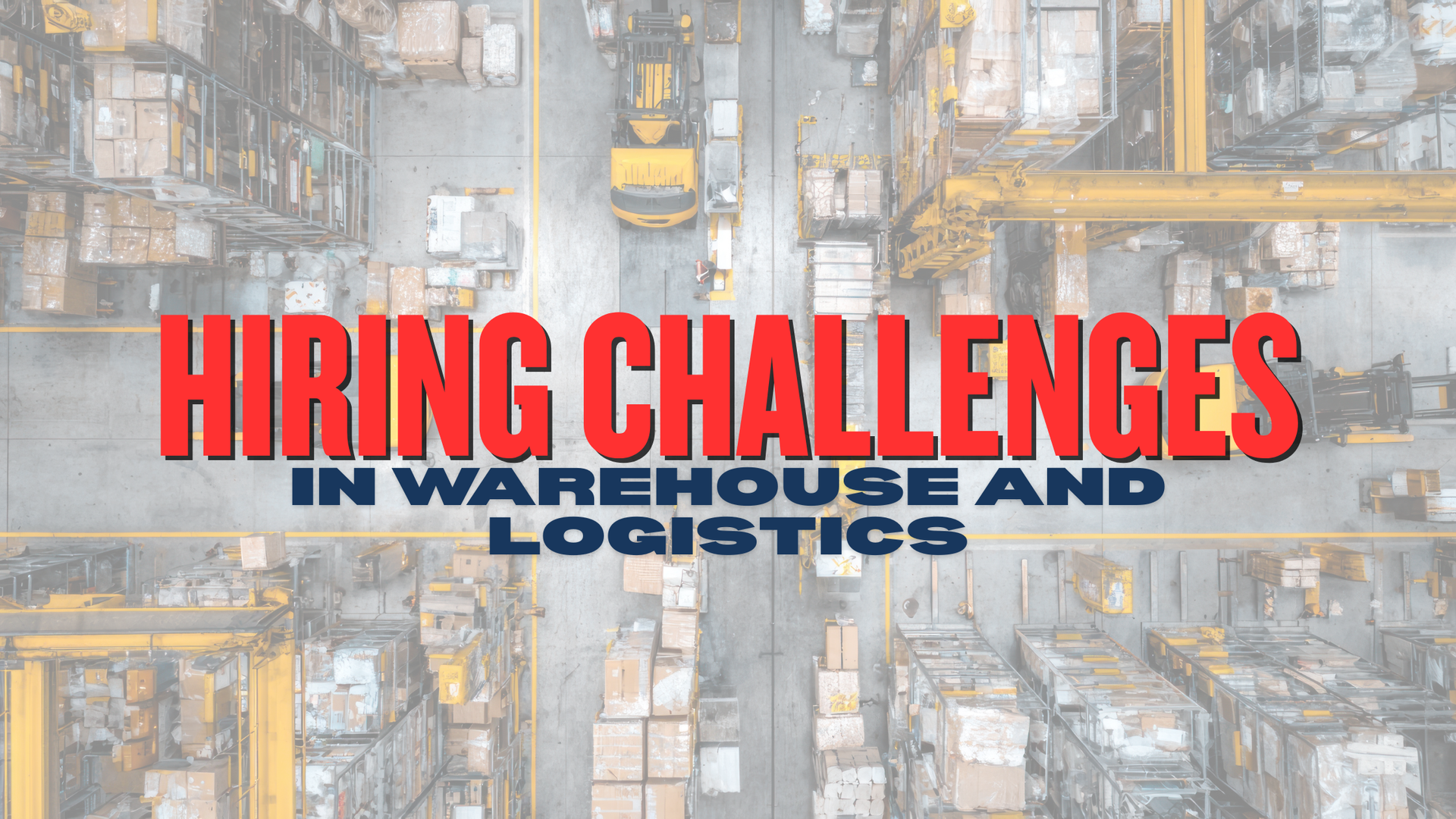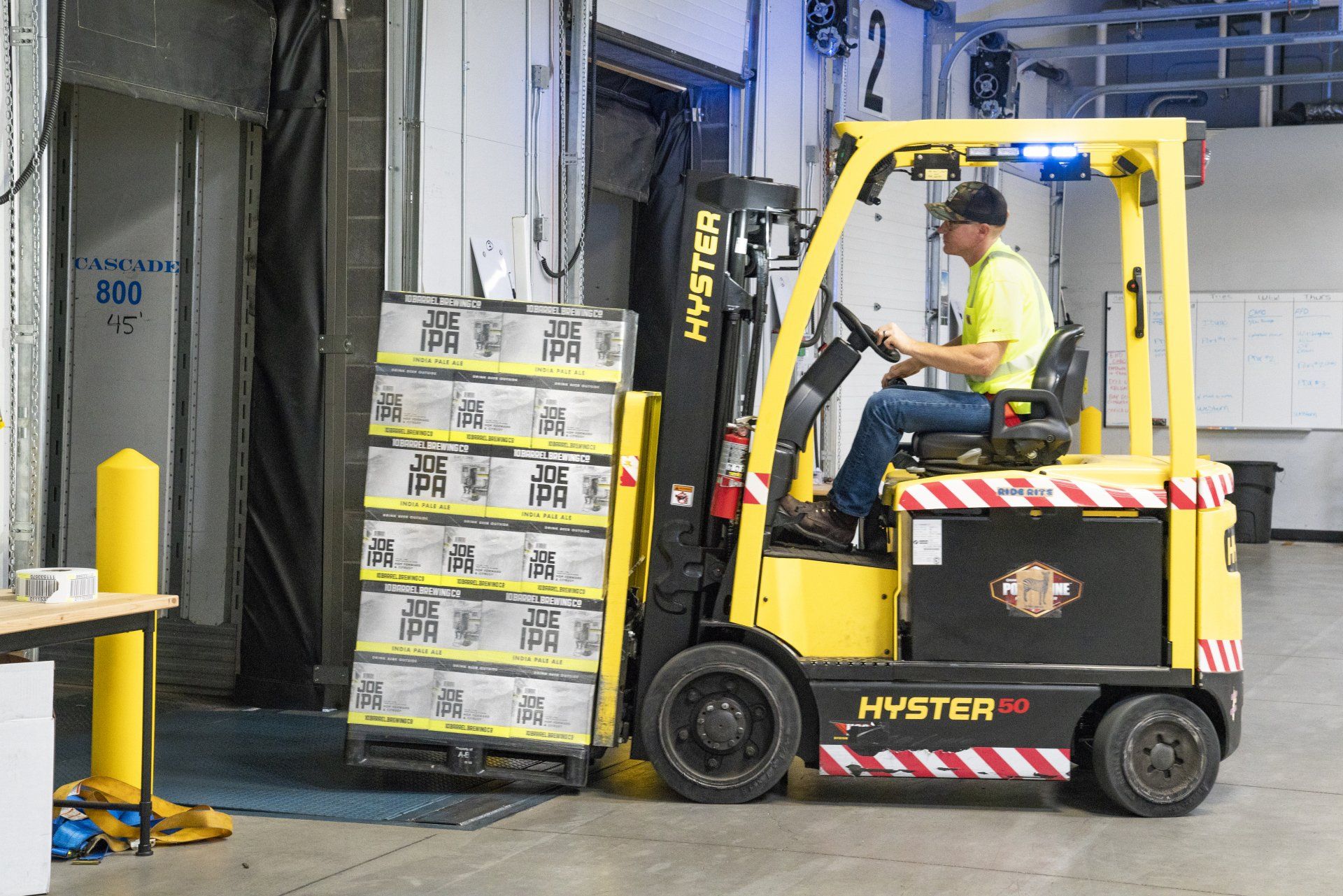Casual Conversion Clause
CASUAL CONVERSION – NAVIGATING AWARD OBLIGATIONS
From October 1 2018, new obligations in relation to casual employees commenced that will see the amendment of 85 Modern Awards. This relates to the entitlement of casual employees engaged on a regular and systematic basis for a period of 12 months to request conversion to full-time or part-time employment. This Guidance Note provides information and direction around the changes and the process. For any questions or advise related please contact your Capture Recruitment office.
1. Differentiating between Modern Award obligations
It is critical that members note that the obligations detailed in this memo are specifically directed to Modern Awards which will have the model casual conversion clause inserted as a result of the Casual Employment Decision of the Fair Work Commission.
This will not impact on any employee who is Award-free or covered by an enterprise agreement.
There is no change to employers’ obligations under the Modern Awards which already contained a casual conversion clause.
1.1.Awards with new obligations
The 85 Awards which will include the model casual conversion clause commencing from 1 October 2018 are:
- Aboriginal Community Controlled Health Services Award 2010 [MA000115]
- Aged Care Award 2010 [MA000018]
- Air Pilots Award 2010 [MA000046]
- Aircraft Cabin Crew Award 2010 [MA000047]
- Airline Operations-Ground Staff Award 2010 [MA000048]
- Airport Employees Award 2010 [MA000049]
- Aluminium Industry Award 2010 [MA000060]
- Ambulance and Patient Transport Industry Award 2010 [MA000098]
- Amusement, Events and Recreation Award 2010 [MA000080]
- Animal Care and Veterinary Services Award 2010 [MA000118]
- Aquaculture Industry Award 2010 [MA000114]
- Architects Award 2010 [MA000079]
- Banking, Finance and Insurance Award 2010 [MA000019]
- Book Industry Award 2010 [MA000078]
- Broadcasting, Recorded Entertainment and Cinemas Award 2010 [MA000091]
- Business Equipment Award 2010 [MA000021]
- Car Parking Award 2010 [MA000095]
- Cemetery Industry Award 2010 [MA000070]
- Children’s Services Award 2010 [MA000120]
- Cleaning Services Award 2010 [MA000022]
- Clerks - Private Sector Award 2010 [MA000002]
- Coal Export T erminals Award 2010 [MA000045]
- Commercial Sales Award 2010 [MA000083]
- Contract Call Centres Award 2010 [MA000023]
- Corrections and Detention (Private Sector) Award 2010 [MA000110]
- Dredging Industry Award 2010 [MA000085]
- Dry Cleaning and Laundry Industry Award 2010 [MA000096]
- Educational Services (Schools) General Staff Award 2010 [MA000076]
- Education Services (Teachers) Award 2010 [MA000077]
- Electrical Power Industry Award 2010 [MA000088]
- Fast Food Industry Award 2010 [MA000003]
- Fitness Industry Award 2010 [MA000094]
- Funeral Industry Award 2010 [MA000105]
- Gardening and Landscaping Services Award 2010 [MA000101]
- Gas Industry Award 2010 [MA000061]
- General Retail Industry Award 2010 [MA000004]
- Hair and Beauty Industry Award 2010 [MA000005]
- Health Professionals and Support Services Award 2010 [MA000027]
- Horticulture Award 2010 [MA000028]
- Hydrocarbons Field Geologists Award 2010 [MA000064]
- Hydrocarbons Industry (Upstream) Award 2010 [MA000062]
- Journalists Published Media Award 2010 [MA000067]
- Labour Market Assistance Industry Award 2010 [MA000099]
- Legal Services Award 2010 [MA000116]
- Live Performance Award 2010 [MA000081]
- Marine Tourism and Charter Vessels Award 2010 [MA000093]
- Marine Towage Award 2010 [MA000050]
- Market and Social Research Award 2010 [MA000030]
- Meat Industry Award 2010 [MA000059]
- Medical Practitioners Award 2010 [MA000031]
- Mining Industry Award 2010 [MA000011]
- Miscellaneous Award 2010 [MA000104]
- Nursery Award 2010 [MA000033]
- Nurses Award 2010 [MA000034]
- Oil Refining and Manufacturing Award 2010 [MA000072]
- Passenger Vehicle Transportation Award 2010 [MA000063]
- Pastoral Award 2010 [MA000035]
- Pest Control Industry Award 2010 [MA000097]
- Pharmaceutical Industry Award 2010 [MA000069]
- Port Authorities Award 2010 [MA000051]
- Ports, Harbours and Enclosed Water Vessels Award 2010 [MA000052]
- Poultry Processing Award 2010 [MA000074]
- Professional Diving Industry (Industrial) Award 2010 [MA000108]
- Professional Diving Industry (Recreational) Award 2010 [MA000109]
- Professional Employees Award 2010 [MA000065]
- Racing Clubs Events Award 2010 [MA000013]
- Racing Industry Ground Maintenance Award 2010 [MA000014]
- Rail Industry Award 2010 [MA000015]
- Real Estate Industry Award 2010 [MA000106]
- Restaurant Industry Award 2010 [MA000119]
- Road Transport (Long Distance Operations) Award 2010 [MA000039]
- Salt Industry Award 2010 [MA000107]
- Seafood Processing Award 2010 [MA000068]
- Security Services Industry Award 2010 [MA000016]
- Silviculture Award 2010 [MA000040]
- Social, Community, Home Care and Disability Services Industry Award 2010 [MA000100]
- Sporting Organisations Award 2010 [MA000082]
- State Government Agencies Award 2010 [MA000121]
- Stevedoring Industry Award 2010 [MA000053]
- Storage Services and Wholesale Award 2010 [MA000084]
- Supported Employment Services Award 2010 [MA000103]
- Surveying Award 2010 [MA000066]
- Telecommunications Services Award 2010 [MA000041]
- Travelling Shows Award 2010 [MA000102]
- Water Industry Award 2010 [MA000113]
- Wool Storage, Sampling and Testing Award 2010 [MA000044]
1.2. Awards with existing obligations
Awards which already contained casual conversion clauses are:
- Alpine Resorts Award 2010 [MA000092]
- Building and Construction General On-site Award 2010 [MA000020]
- Cement and Lime Award 2010 [MA000055]
- Concrete Products Award 2010 [MA000056]
- Electrical, Electronic and Communications Contracting Award 2010 [MA000025]
- Food, Beverage and Tobacco Manufacturing Award 2010 [MA000073]
- Graphic Arts, Printing and Publishing Award 2010 [MA000026]
- Joinery and Building Trades Award 2010 [MA000029]
- Manufacturing and Associated Industries and Occupations Award 2010 [MA000010]
- Mobile Crane Hiring Award 2010 [MA000032]
- Plumbing and Fire Sprinklers Award 2010 [MA000036]
- Quarrying Award 2010 [MA000037]
- Road Transport and Distribution Award 2010 [MA000038]
- Sugar Industry Award 2010 [MA000087]
- Textile, Clothing, Footwear and Associated Industries Award 2010 [MA000017]
- Timber Industry Award 2010 [MA000071]
- Transport (Cash in Transit) Award 2010 [MA000042]
- Vehicle Manufacturing, Repair, Services and Retail Award 2010 [MA000089]
- Wine Industry Award 2010 [MA000090]
The awards listed above are not subject to the notification and reasonable refusal provisions set out in this Guidance Note.
2. Notification requirements
When the model casual conversion clause is introduced into the 85 Awards from 1 October 2018, employers will be subject to notification obligations.
Existing employees
All casual employees, whether engaged on a regular basis or otherwise, must be provided with a copy of the provisions of the Award casual conversion clause prior to 1 January 2019.
New employees
All new casual employees must be provided with a copy of the provisions of the Award casual conversion clause within the first 12 months of employment.
3. Entitlement to request conversion
Only casual employees who are ‘regular’ have the right to request that their employment be converted to full-time or part-time employment. ‘Regular’ means that the employee has worked a pattern of hours on an ongoing basis over the preceding period of 12 months which, without significant adjustment, the employee could continue to perform as a full-time or part-time employee under the applicable Award.
This 12 month period must be unbroken (i.e. a single period), but is not confined to the first 12 months of a casual’s employment: a request for conversion can follow any 12 month period of regularity (i.e. on a rolling 12 month basis).
A casual employee who has worked equivalent full-time hours over the preceding 12 months (an average of 38 hours per week) can request conversion to full-time employment, while a casual employee who has worked less than equivalent full-time hours over the preceding 12 months can request conversion to part-time employment.
For an employee to request conversion to permanent employment, they must put their request to their employer in writing.
4. Refusal of request
An employer can refuse a casual employee’s request for conversion to permanent employment on reasonable grounds, following consultation with the employee.
Reasonable grounds for refusal must be based on facts which are known or reasonably foreseeable, and include:
• It would require a significant adjustment to hours of work;
• It is known or reasonably foreseeable that the regular casual employee’s position will cease to exist within the next 12 months;
• It is known or reasonably foreseeable that the hours of work which the regular casual employee is required to perform will be significantly reduced in the next 12 months; or
• It is known or reasonably foreseeable that there will be a significant change in the days and/or times at which the employee’s hours of work are required to be performed in the next 12 months which cannot be accommodated within the days and/or hours during which the employee is available to work.
Where the employer refuses a request to convert, the reasons for refusal must be given to the casual employee in writing within 21 days of the request being made.
5. Dealing with requests for conversion
Where a casual employee has made a request to convert to permanent employment, we recommend that you engage in the following steps:
- Confirm that the request has been made in compliance with the Award’s terms
- Is it in writing?
- Has it been provided to the employer? (i.e. rather than the host client)
- Establish whether the employee has the entitlement to request conversion
- Are they covered by an applicable Modern Award?
- Have they been engaged for at least 12 months?
- Are they a regular casual employee?
d. Have they requested conversion to the correct employment status: full-time or part-time, depending on their hours of work in the preceding 12 months?
- Provide an immediate response to the employee to acknowledge the request
- In this response, explain the impact of conversion on the employee and their employment, including a reduction in pay, a commitment to set hours, the inability to match working hours to availability
- Ask the employee to confirm that they wish to pursue this request
- Consider the request and seek advice on your capacity to refuse the request
- a) Will agreeing to the request require a significant adjustment of the employee’s hours of work?
- b) Is the relevant client contract up for renewal/tender/negotiation in the near future?
- c) Are there any circumstances in which a reduction in hours or the loss of the assignment/role can reasonably be foreseen in the near future?
5. If you consult about the possible refusal and the grounds for doing so are considering refusing the request, meet/correspond with the employee to
6. Provide the employee with a written response to their request within 21 days of receiving the request
a. This correspondence will confirm whether the request is granted or refused (and if refused, the reasons for such refusal)
7. If the request is approved, ensure that you and the employee record in writing:
- Whether the employee will convert to full-time or part-time employment; and
- If part-time employment, the agreed hours of work in accordance with the Award’s requirements (if any)
6. Maintaining records
Employers should ensure that they keep a record of how and when they notified each casual employee of the conversion clause (for example, a copy of the email correspondence) so that they have evidence of compliance with the notification obligation.
Records should also be kept of any requests for conversion, including any responses or correspondence given during the process.
If a casual employee converts to permanent employment, employers should implement a new part-time or full-time contract for the employee to recognise the new nature of the employment relationship.
7. Resolving disputes
If an employer refuses a casual employee’s request for conversion, and the employee wishes to contest this decision, the matter will be subject to the dispute resolution process outlined in the applicable Award.
Under that procedure, either the employee or employer may refer the matter to the Fair Work Commission if the dispute is unable to be resolved at the workplace level.
8. Dealing with questions
It is likely that as a result of these changes to the Awards, some employees will have questions about their entitlements, or what conversion entails. RCSA recommends:
- Employers should familiarise themselves with this memo and the terms of the model clause so they are prepared to answer questions about eligibility and process;
- Issuing this memo out to all supervisors and/or managers who may be approached by their teams with questions, while encouraging more complex queries to be directed to your HR team (or equivalent);
- Identifying key conversion risk/benefit areas, particularly for large clients/long-term projects where there is a likelihood of conversion requests being made, so that you are prepared to deal with any requests when they arise;
- Preparing a list of implications of conversion to permanent employment, so that you are in a position to discuss this with the employees.
Information sourced from RCSA. For more information please contact your Capture Recruitment office.










